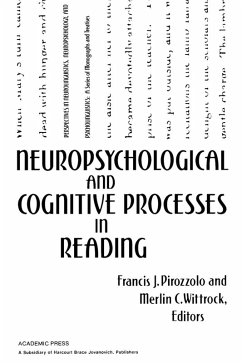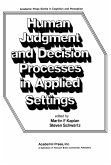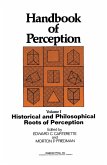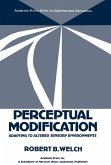Comprised of 12 chapters, this volume begins with an introduction to the fundamental processes of reading, giving particular attention to a psychological theory that builds on two concepts: that the basic processes of reading are few in number, and that they are separable from one another. A useful and testable information-processing model of reading that consists of three separable, fundamental processes - decoding, word meaning, and sentence comprehension - is described. Subsequent chapters deal with some of the external and internal factors involved in reading; a model of disorders of reading comprehension (the alexias); the neuropsychological test performance of brain-damaged and non-brain-damaged dyslexic children; and the problem of subtypes of learning disability. Eye movements and perceptual spans in reading are also discussed, along with reading comprehension and the problem of agrammatism. The final chapter analyzes the factors that influence recovery from alexia.
This book will be of interest to neuropsychologists and those engaged in neurolinguistics, psycholinguistics, cognitive psychology, and educational psychology.
Dieser Download kann aus rechtlichen Gründen nur mit Rechnungsadresse in A, B, BG, CY, CZ, D, DK, EW, E, FIN, F, GR, HR, H, IRL, I, LT, L, LR, M, NL, PL, P, R, S, SLO, SK ausgeliefert werden.









